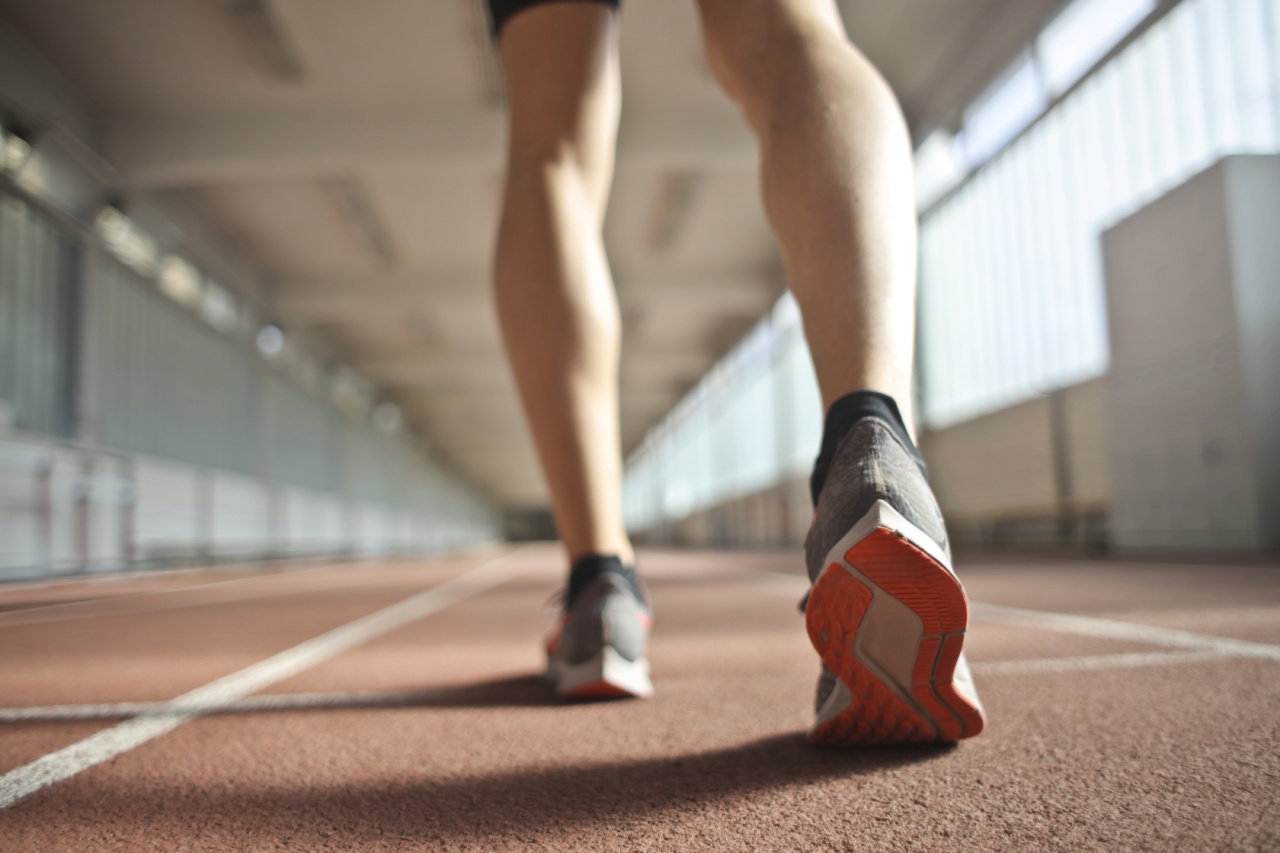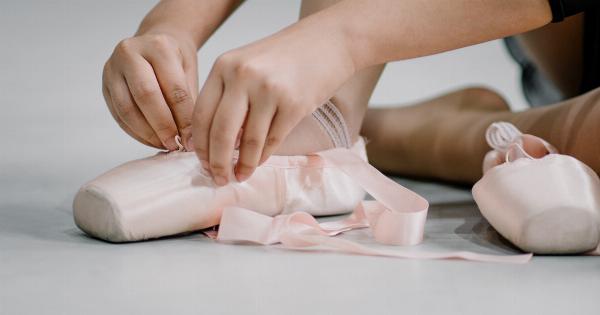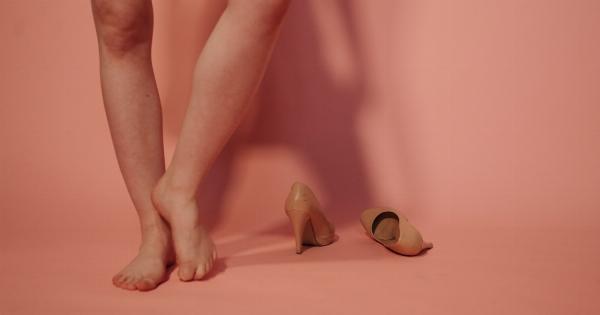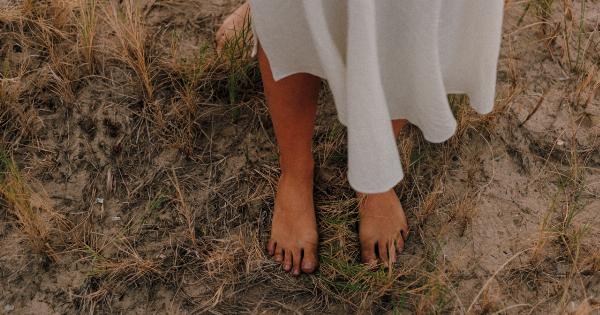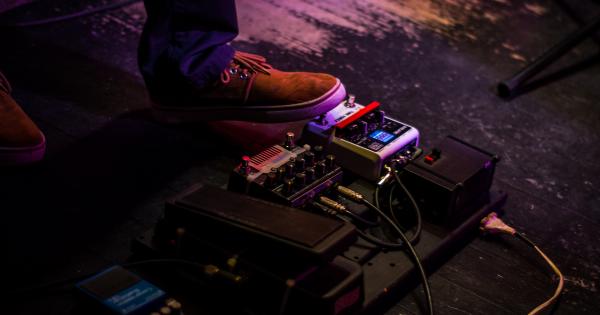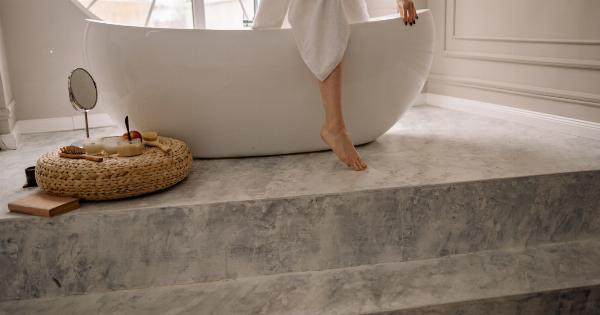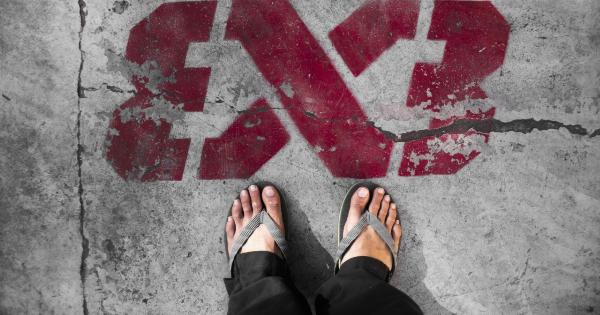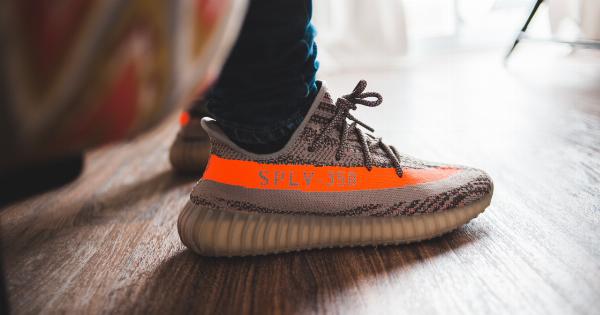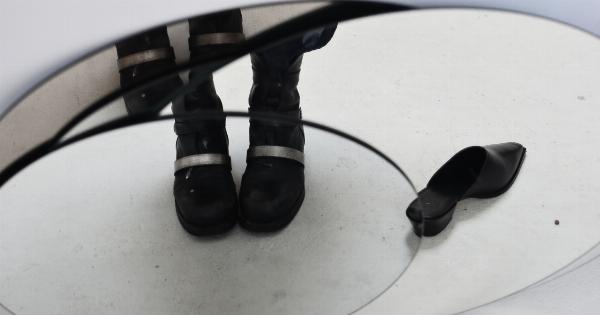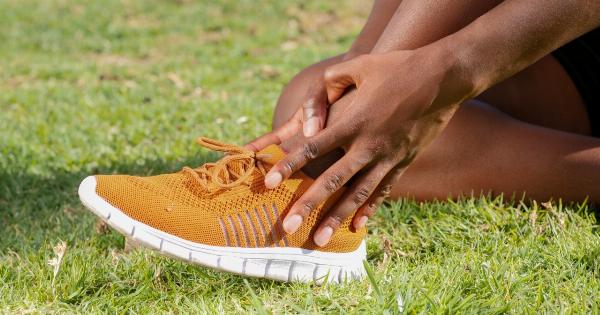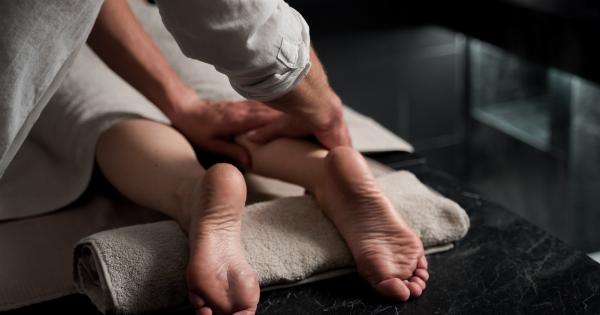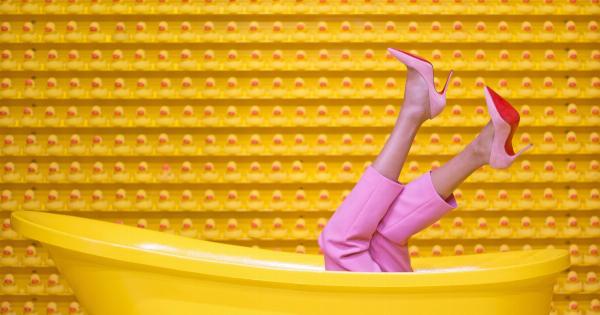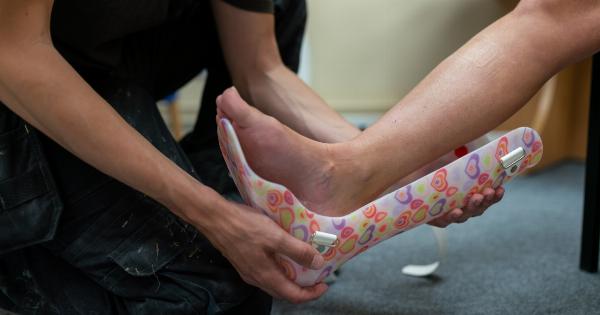When it comes to footwear, fashion and comfort often collide. We all love to wear stylish shoes that complete our outfits, but sometimes we neglect the impact these shoe styles can have on our health.
While certain shoe styles may look amazing, they can lead to various foot and posture problems. It’s essential to prioritize your health when choosing shoes to wear on a regular basis. Here are seven problematic shoe styles you should avoid to maintain the wellbeing of your feet and overall health.
1. High Heels
High heels are undoubtedly glamorous, but they can cause significant damage to your feet and posture. When you wear high heels, your body weight shifts forward and places excessive pressure on the balls of your feet.
This can lead to pain, discomfort, and even deformities like bunions and hammertoes. Furthermore, high heels affect your body alignment, leading to back pain and poor posture over time. It’s best to limit wearing high heels to special occasions and choose lower heel options for everyday wear.
2. Pointy-toed Shoes
While pointy-toed shoes may be trendy, they can be detrimental to your foot health. Pointy toe boxes squeeze your toes together, resulting in cramped spaces that can lead to various foot problems.
These shoes are particularly problematic for people with conditions like Morton’s neuroma, where the nerves between the toes become compressed. Opt for shoes with a wider toe box that allow your toes to spread naturally and provide ample space for comfort.
3. Platform Shoes
Platform shoes may offer additional height without the discomfort of high heels, but they can still be problematic for your feet. The elevated platform can throw off your balance and increase the risk of ankle sprains.
Additionally, platform shoes often lack proper cushioning and arch support, leading to foot pain and discomfort. If you must wear platform shoes, choose ones with a moderate height and ensure they have adequate support and cushioning.
4. Flip-flops
Flip-flops are a popular choice for warm weather and beach outings, but they provide minimal support and protection for your feet. The lack of arch support and heel cushioning can lead to conditions like plantar fasciitis and Achilles tendonitis.
Additionally, flip-flops offer minimal protection, increasing the risk of injuries from stepping on sharp objects or stubbing your toes. If you enjoy the comfort of open-toed shoes, opt for styles that offer better arch support and cushioning.
5. Stilettos
Similar to high heels, stilettos can have detrimental effects on your foot health. The slim, narrow heel of stilettos concentrates your body weight onto a small area, leading to imbalances and pressure on your toes.
Wearing stilettos regularly can cause foot pain, instability, and even stress fractures in severe cases. Stick to lower-heeled options or wedge heels that distribute your weight more evenly.
6. Ballet Flats
While ballet flats may seem like a comfortable alternative to high heels, they often lack proper arch support and cushioning. Wearing ballet flats for extended periods can lead to flat feet, plantar fasciitis, and other foot problems.
If you love the style of ballet flats, look for options that offer arch support and cushioning to protect your feet.
7. Ill-fitting Shoes
One of the most common mistakes people make is wearing shoes that don’t fit properly. Ill-fitting shoes can cause a plethora of foot problems, including blisters, corns, calluses, and ingrown toenails.
Make sure to measure your feet regularly and wear shoes that provide the right width and length for your feet. Additionally, avoid wearing shoes with narrow toe boxes or excessive tightness that can compromise circulation and cause discomfort.
Avoiding these problematic shoe styles can help prevent various foot problems, maintain proper posture, and promote overall foot health.
Remember to strike a balance between fashion and comfort, and prioritize your wellbeing when choosing shoes to wear on a daily basis. By making informed choices about your footwear, you can keep your feet happy and healthy for years to come.
